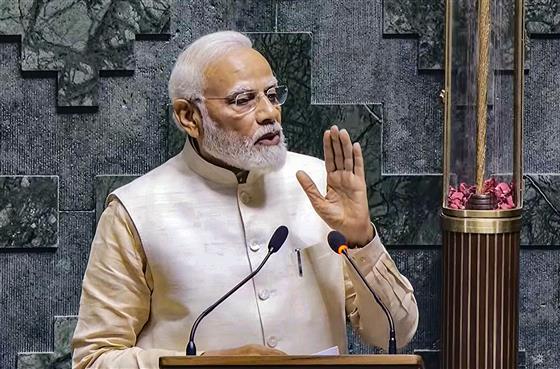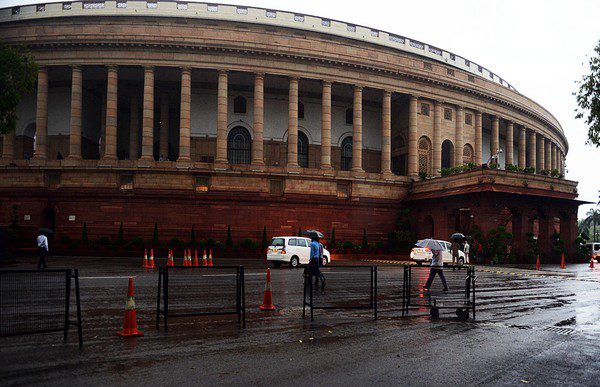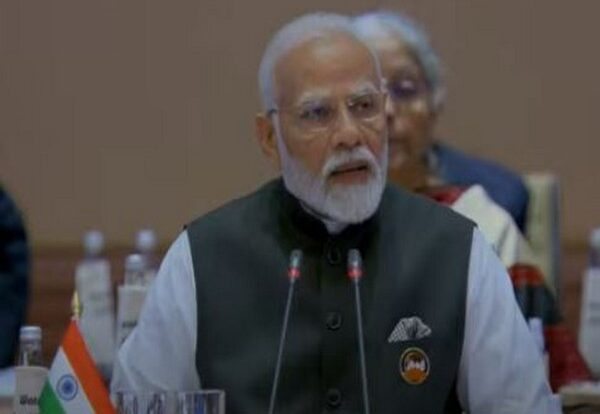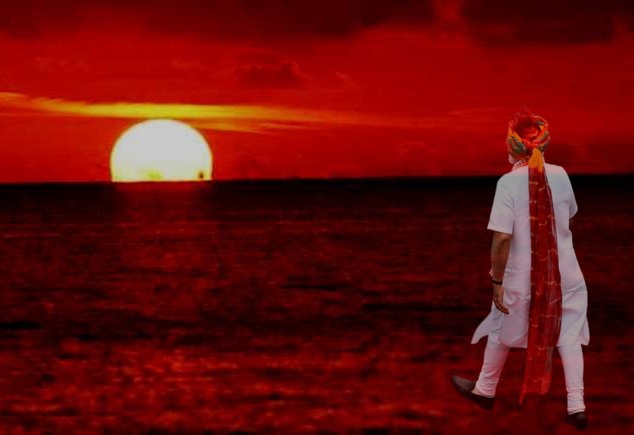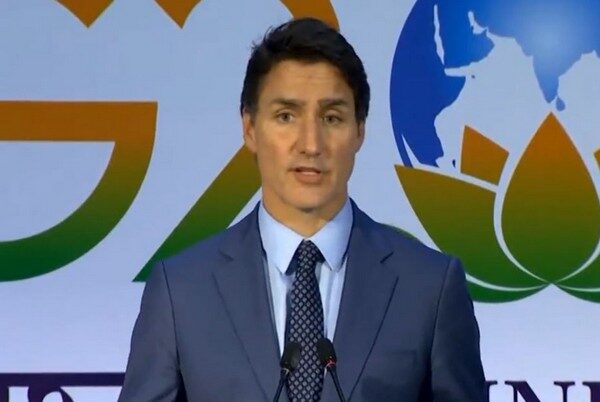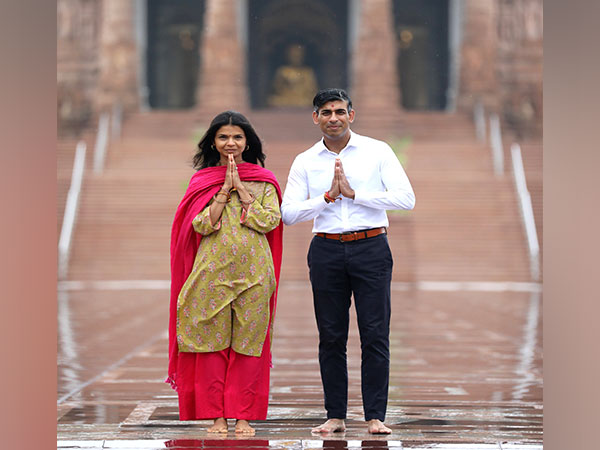Ahead of the commencement of the parliament session in the new parliament building, Prime Minister Narendra Modi on Tuesday said that the parliamentarians are moving to the new building with the determination to fulfil the resolve of a developed India.
Speaking at the joint sitting of two Houses of Parliament ahead of the Lok Sabha and Rajya Sabha moving to the new building, PM Modi said, “Today, we are going to have the beginning of a new future in the new Parliament building. Today, we are going to the new building with the determination to fulfil the resolve of a developed India.”
The Prime Minister said that India will have to “work on a larger canvas” and all laws that will be made and all debates in Parliament must be aimed at encouraging Indian aspirations. “If we cannot enlarge the canvas of our thinking, we will not be able to paint a picture of a grand India,” PM Modi said.
“…In the 25 years of Amrit Kaal, India will have to work on a larger canvas. The time for us to get caught up in smaller issues is over. First of all, we will have to meet the goal of becoming Atmanirbhar Bharat…It is the need of the hour, it is everyone’s duty. Parties do not come in its way. Sirf Dil chahiye, desh ke liye chahiye,”PM Modi said.
“Every law made in the Parliament, every discussion held in the Parliament, and every signal given by the Parliament should encourage the Indian aspiration. This is our responsibility and the expectation of each and every Indian. Whatever reforms are made here, Indian aspiration should be our priority. Can anyone ever make a big picture on a small canvas? Just as we cannot make a big picture on a small canvas, in the same way, if we cannot enlarge the canvas of our thinking, we will not be able to paint a picture of a grand India”, he added.
Earlier, Bharatiya Janata Party (BJP) leader Maneka Gandhi said that being a Member of Parliament is an immense responsibility as it entails safeguarding the trust of lakhs of voters and the task demands unwavering commitment, moral rectitude and courage.
Maneka Gandhi, who is the longest-serving among sitting Lok Sabha parliamentarians, said she entered Parliament as an MP when she was 32 and has spent most of her adult life in this institution and has seen seven Prime Ministers and the shaping of grand history.
“This is a historic day today and I am proud to be a part of this historic moment. We are going to a New Building and hopefully, this grand edifice will reflect the aspirations of a new Bharat. Today, I have been entrusted with the responsibility of addressing this esteemed assembly as the most senior parliamentarian in the Lok Sabha… I have spent most of my adult life in this institution and I have seen seven Prime Ministers and the shaping of grand history,” she said.
The lawmakers from both houses will hold a sitting in the new parliament building, which was inaugurated by PM Modi, earlier this year.
Meanwhile, members of the Parliament gathered for a joint photo session ahead of the Parliament session in the New Building of the Parliament.
Prime Minister Narendra Modi, Vice President and Rajya Sabha Chairman Jagdeep Dhankhar, Lok Sabha Chairman Om Birla and other Parliamentarians were present for the joint photo session.
A function to ‘commemorate the rich legacy of the Parliament of India and resolve to make Bharat a developed Nation by 2047’ will be held at the Central Hall of the old Parliament.
The Security personnel at the Parliament building were also seen in the new uniform before the special session of the Parliament in the new building.
Both Houses were adjourned on Monday after a discussion on Parliamentary democracy in the last 75 years with the presiding officers stating that the proceedings will commence on Tuesday afternoon in the new Parliament building.
Speaking about the Old Parliament Building, the Prime Minister mentioned that it served as the Imperial Legislative Council before India’s independence and was recognised as the Parliament of India post-independence.
Meanwhile, the Union Cabinet on Monday cleared the Women’s Reservation Bill, sources said on Monday.
The meeting of the Union Cabinet was held at Parliament House Annexe in Delhi. (ANI)
Read More: https://lokmarg.com/
